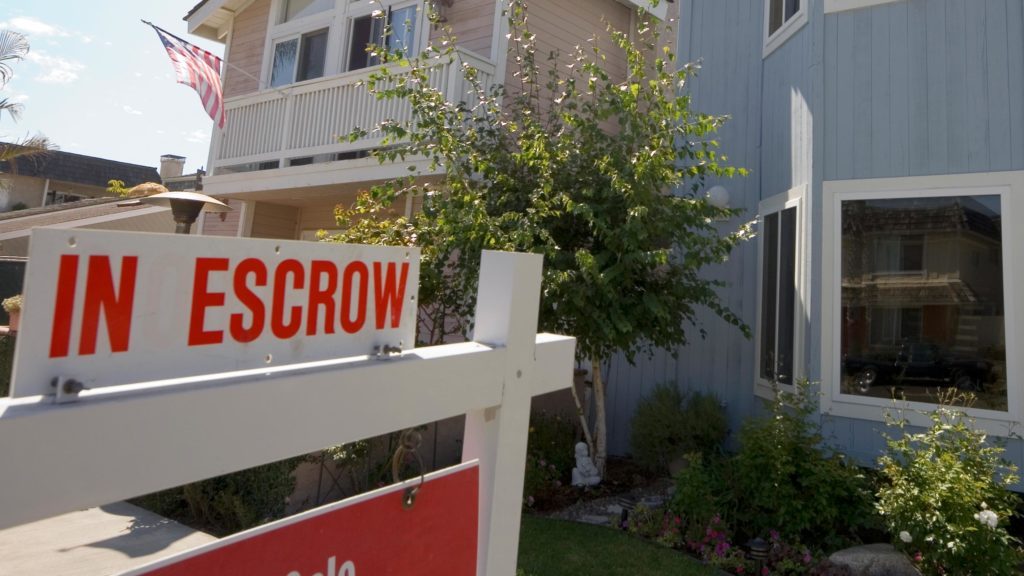What is escrow? It might sound like another complex word in the never-ending list of real-estate lingo, yet it is a pivotal component of the home-buying process and provides security for both the seller and buyer.
Escrow is a safe, holding area where important documents and items are secured until the deal and the home-buying process is completed, and the property is successfully transferred into the hands of the buyer. Documents and items which may be kept secure in an escrow include money, stock, the earnest money check, the deed, and other contracts.
Usually, the escrow officer is a third party, possibly an attorney, a title company agent or someone from the closing company. The escrow officer’s responsibility is to assure that everything during the closing moves smoothly, including the exchange of documents and money. Therefore, the third party is crucial to the process.
Escrow protects all relevant parties (buyer, seller, and third party) by ensuring that all documents and money aren’t exchanged until all conditions of the contract or agreement are met to the fullest, which is why the contract must set in writing and agree to the rights and responsibilities of each party before anything proceeds.
Throughout the home-buying process, proper documentation is filed and secured by the escrow officer as each step is completed. Contingencies, including repairs, home inspections and other tasks which need to be accomplished by either the buyer or seller, are also a part of the process. Every time a part of the process is completed, either the seller or buyer signs off using a contingency release form and then the transaction moves on another step until closing.
After all conditions dictated by the contract are set and the deal is finalized, any money due to sellers is exchanged. At the same time of closing, the escrow officer clears or records the title, meaning the buyer officially owns the house and the home-buying process is complete.
The price of escrow varies and depends on whether the buyer or seller or both pay. The usual cost or fee for escrow typically totals approximately 1% to 2% of the price of the home.
Although escrow may seem like trouble, it acts as a safeguard for both the buyer AND seller. For example, if the buyer has a home inspection contingency and found out that the plumbing needed repairs and the seller agreed to repair the plumbing, but if the buyer were to realize during the final walk-through that the plumbing was never fixed, the buyer would not have to give up a penny until the seller repairs the plumbing. On the other hand, if a buyer were to get cold feet and back out of a sale with no legitimate reason, they forfeit their earnest money deposit to the seller, which often totals up to 1% to 2% of the purchase price of the home. So, although the sale was a failure, the seller is forfeited the earnest money deposit, which was being held in escrow, and earns some compensation.



